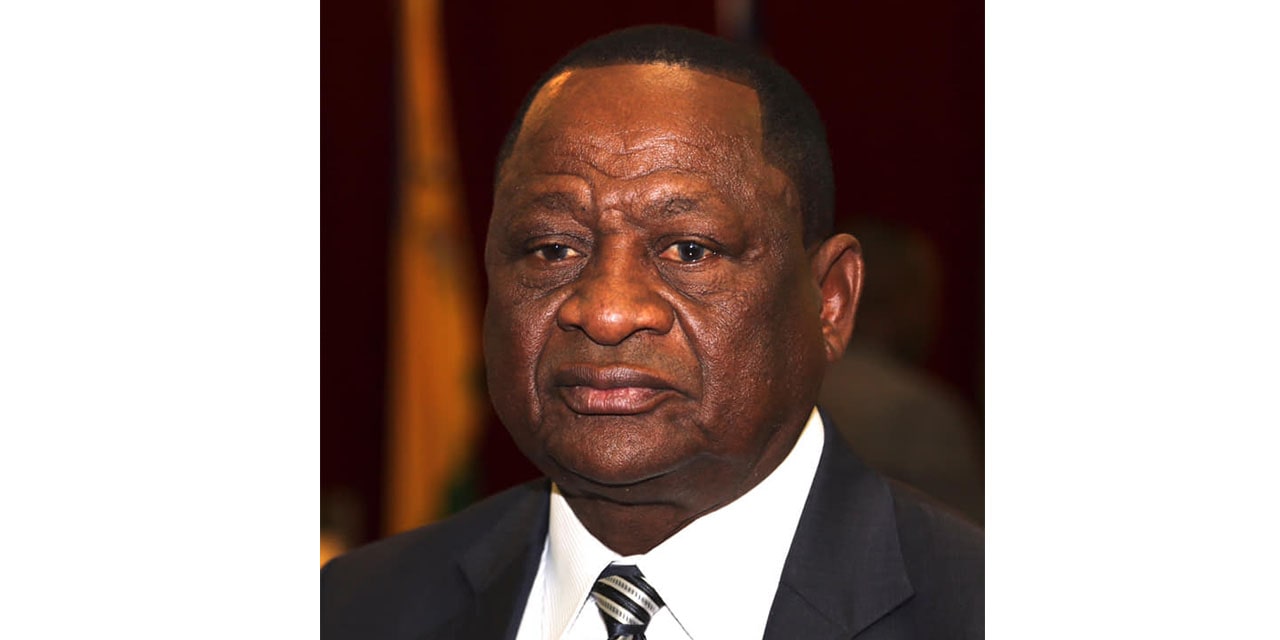Tujoromajo Kasuto
Namibia yesterday commemorated World Tuberculosis Day with the theme “Invest to End TB. Save Lives”, which according to Dr Kalumbi Shangula, Minister of Health and Social Services, conveys the urgent need to invest resources to ramp up the fight against TB and achieve the commitments made by global leaders to end TB.
This is especially critical in the context of the COVID-19 pandemic that has reversed years of progress made in the fight to end communicable disease.
For the first time in over a decade, Shangula says, that TB deaths increased in 2020, putting the End TB programme at risk.
‘’We therefore, have to ensure that there is equitable access to prevention and care, and drive towards achieving Universal Health Coverage. More investment is needed to save millions more lives, accelerating the end of the TB epidemic,’’ said the minister.
The World TB Day commemoration serves to remind us that TB remains one of the world’s deadliest infectious diseases, second only to COVID-19, and remains a major public health challenge globally.
‘’As one of the countries consistently among the top ten countries with the highest per capita burden of TB in the world, there is a need to re-energize ourselves in an ongoing bid to win the fight against this age-old disease.’’
Globally, each day, over 4 000 people lose their lives to TB and close to 30 000 people fall ill with this preventable and curable disease. Global efforts to combat TB have saved an estimated 66 million lives since the year 2000
Additionally, the intersection of HIV/AIDS and Covid-19 pandemics has detrimental effects on the control of TB thus investments are needed to undertake case findings in the community.
Specifically, with regard to persons with HIV, Shangula notes that the pandemic has a negative effect on HIV testing, linkage to care, treatment access, availability of pre-exposure prophylaxis and other HIV prevention strategies.
These disruptions may result in significant high numbers of new HIV infections and deaths.
Namibia has made great strides in addressing Tuberculosis as a public health concern, reaching a treatment success rate of 88 percent in 2021, just 2 percent short of reaching the WHO target of 90 percent for all forms of Tuberculosis and a 75 percent treatment success rate for patients with drug resistant Tuberculosis, surpassing the WHO target.
The country has maintained a positive trend in providing HIV testing for all its TB patients which is almost 100% well as 99% initiation of Anti-Retroviral Therapy for those who tested HIV positive.
‘’We are also seeing a decline in the HIV positivity rate amongst TB
patients, from almost 60% in 2005 to 30% in 2021. This signifies success in the provision of TB-HIV services and prevention interventions. These interventions include intensified screening, introduction of WHO-recommended rapid molecular testing for TB as well as point of care TB testing amongst individuals with HIV, all in addition to and the scaling up of shorter-term Tuberculosis Preventive Therapy,’’ said Dr Shangula.
The efforts made by the Ministry through the National Tuberculosis and Leprosy Programme and the National HIV Programme are applaudable, particularly during the period that the country was hardest hit by the COVID-19 pandemic, he continued.\
During this period, care and treatment services were decentralized even to non-health facility settings, ensuring that treatment was still accessible to patients, he informed.
This, he said, allowed decongestion of health facilities, minimizing contact with health care facilities and freeing up resources while advising social distancing in the communities.
‘’Despite these successes, there is more to be done in our fight to end TB in Namibia. We are still ranked amongst the top 10 countries globally with the highest TB incidence rate, therefore the World Health Organization estimates that we could be missing about 44% of our TB cases nationally.’’
The health minister says that leaders need to pledge accountability to ensure domestic funding for TB, the inevitable financial crisis, coupled with waning international financial support for TB in the world, could have detrimental effects on the gains that have been made so far.
In spite of these, as the custodian of health services in Namibia, the Ministry of Health and Social Services renewed its pledge to: Take decisive action to revive and maintain essential TB services during the COVID-19 pandemic.




